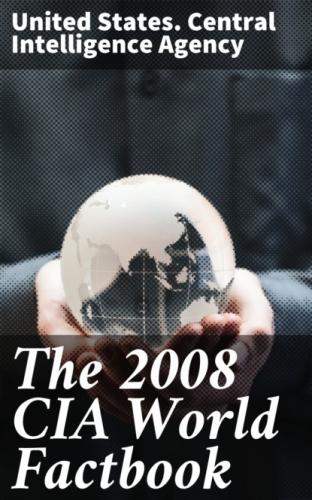Flag description:
four equal horizontal bands of blue (top), white, green, and yellow with a vertical red band in center; a yellow five-pointed star to the hoist side of the blue band
Economy
Central African Republic
Economy - overview:
Subsistence agriculture, together with forestry, remains the backbone of the economy of the Central African Republic (CAR), with more than 70% of the population living in outlying areas. The agricultural sector generates more than half of GDP. Timber has accounted for about 16% of export earnings and the diamond industry, for 40%. Important constraints to economic development include the CAR's landlocked position, a poor transportation system, a largely unskilled work force, and a legacy of misdirected macroeconomic policies. Factional fighting between the government and its opponents remains a drag on economic revitalization. Distribution of income is extraordinarily unequal. Grants from France and the international community can only partially meet humanitarian needs.
GDP (purchasing power parity):
$3.007 billion (2007 est.)
GDP (official exchange rate):
$1.714 billion (2007 est.)
GDP - real growth rate:
4% (2007 est.)
GDP - per capita (PPP):
$700 (2007 est.)
GDP - composition by sector:
agriculture: 55% industry: 20% services: 25% (2001 est.)
Labor force:
1.857 million (2006)
Unemployment rate:
8% (23% for Bangui) (2001 est.)
Population below poverty line:
NA%
Household income or consumption by percentage share:
lowest 10%: 0.7% highest 10%: 47.7% (1993)
Distribution of family income - Gini index:
61.3 (1993)
Budget:
revenues: $250 million expenditures: $273 million (2007 est.)
Fiscal year:
calendar year
Inflation rate (consumer prices):
0.9% (2007 est.)
Central bank discount rate:
5.25% (31 December 2007)
Commercial bank prime lending rate:
15% (31 December 2007)
Stock of money:
$218.3 million (31 December 2007)
Stock of quasi money:
$47.58 million (31 December 2007)
Stock of domestic credit:
$320.2 million (31 December 2007)
Agriculture - products:
timber, cotton, coffee, tobacco, manioc (tapioca), yams, millet, corn, bananas; timber
Industries:
gold and diamond mining, logging, brewing, textiles, footwear, assembly of bicycles and motorcycles
Industrial production growth rate:
3% (2002)
Electricity - production:
110 million kWh (2006 est.)
Electricity - consumption:
102.3 million kWh (2006 est.)
Electricity - exports:
0 kWh (2007 est.)
Electricity - imports:
0 kWh (2007 est.)
Electricity - production by source:
fossil fuel: 19.8% hydro: 80.2% nuclear: 0% other: 0% (2001)
Oil - production:
0 bbl/day (2007 est.)
Oil - consumption:
2,322 bbl/day (2006 est.)
Oil - exports:
0 bbl/day (2005)
Oil - imports:
2,057 bbl/day (2005)
Oil - proved reserves:
0 bbl (1 January 2006 est.)
Natural gas - production:
0 cu m (2007 est.)
Natural gas - consumption:
0 cu m (2007 est.)
Natural gas - exports:
0 cu m (2007 est.)
Natural gas - imports:
0 cu m (2007 est.)
Natural gas - proved reserves:
0 cu m (1 January 2006)
Current account balance:
-$77 million (2007 est.)
Exports:
$146.7 million f.o.b. (2007 est.)
Exports - commodities:
diamonds, timber, cotton, coffee, tobacco
Exports - partners:
Belgium 22.7%, Indonesia 19.3%, Italy 7.7%, France 7.1%, Spain 6.9%,
Democratic Republic of the Congo 6.8%, China 4.9%, Turkey 4.7% (2007)
Imports:
$237.3 million f.o.b. (2007 est.)
Imports - commodities:
food, textiles, petroleum products, machinery, electrical equipment, motor vehicles, chemicals, pharmaceuticals
Imports - partners:
France 16.6%, Netherlands 13%, Cameroon 9.7%, US 6.3% (2007)
Economic aid - recipient:
ODA, $95.29 million; note - traditional budget subsidies from France (2005 est.)
Debt - external:
$1.153 billion (2007 est.)
Market value of publicly traded shares:
$NA
Currency (code):
Communaute Financiere Africaine franc (XAF); note - responsible authority is the Bank of the Central African States
Currency code:
XAF
Exchange rates:
Communaute Financiere Africaine francs (XAF) per US dollar - 481.8 (2007), 522.59 (2006), 527.47 (2005), 528.29 (2004), 581.2 (2003)
Communications
Central African Republic
Telephones - main lines in use:
12,000 (2006)
Telephones - mobile cellular:
130,000 (2007)
Telephone
